The proportion-perfect 6C 2500SS Villa d’Este Coupé was the last in a long line of legendary six-cylinder Alfa Romeos, a breed that had enjoyed fame and competition fortune during the inter-war years. While its developmental roots lay back in the mid-20s (when engineer Vittorio Jano had sired Alfa’s celebrated straight-six), the configuration was by no means outdated in the immediate post-War period. In fact, the Tipo 256 – also based on a 6C 2500 chassis – had proven itself still relevant in the late 1930s, performing well at Le Mans, the Mille Miglia and in the Tripoli-Tobruk.
A second christening
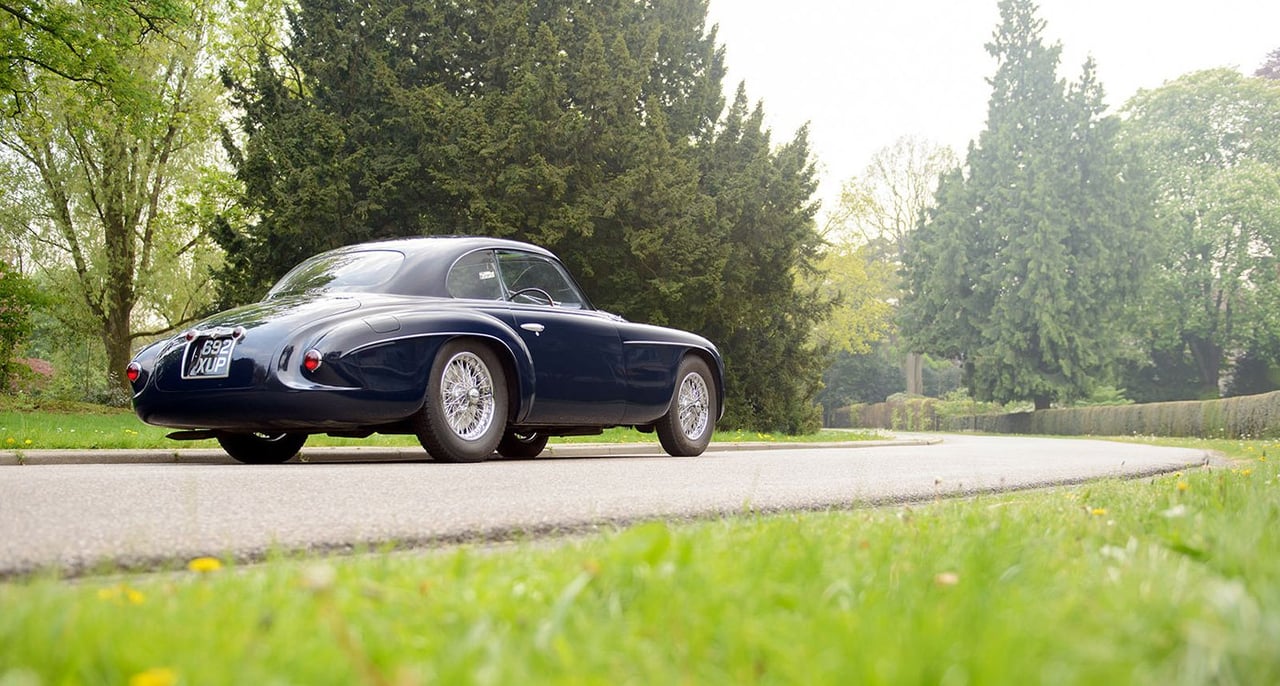
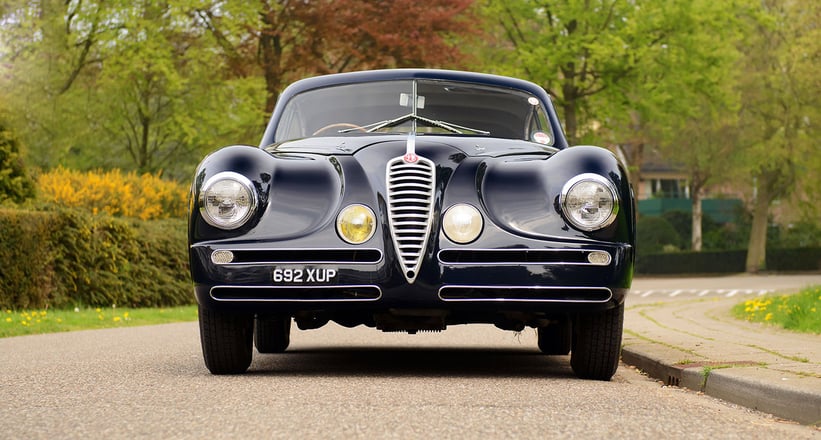
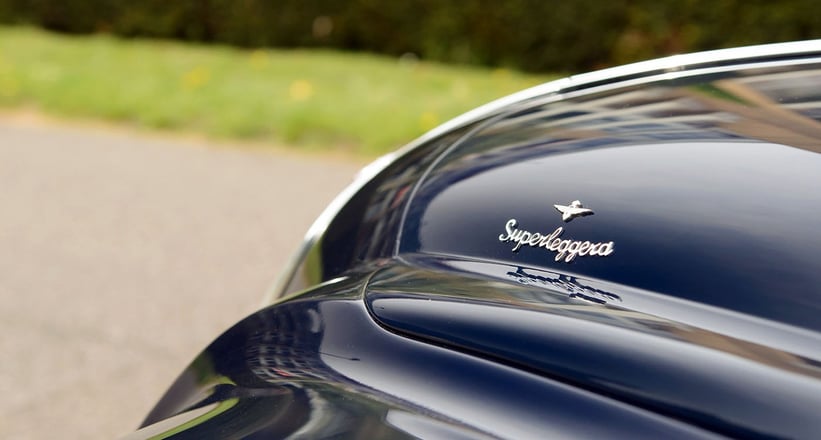
Incidentally, the Tipo 256 racing car had also been bodied by Milanese coachbuilder Touring – and in the late 40s, it was invited by Alfa Romeo to be the latest house to style a road-going version, of course using its patented Superleggera construction technique. The platform was the shortest-wheelbase chassis of the 6C 2500; the engine it hosted was a triple-Webered version of the 2443cc straight-six, making it an ‘SS’. Shown at an early Villa d’Este concours (namely the 2nd iteration, at which it won the Coppo d’Oro), the gorgeous coupé was green-lit for a limited-production run – and also given the ‘Villa d’Este’ suffix in celebration of winning the coveted award.
Concours queen by name...
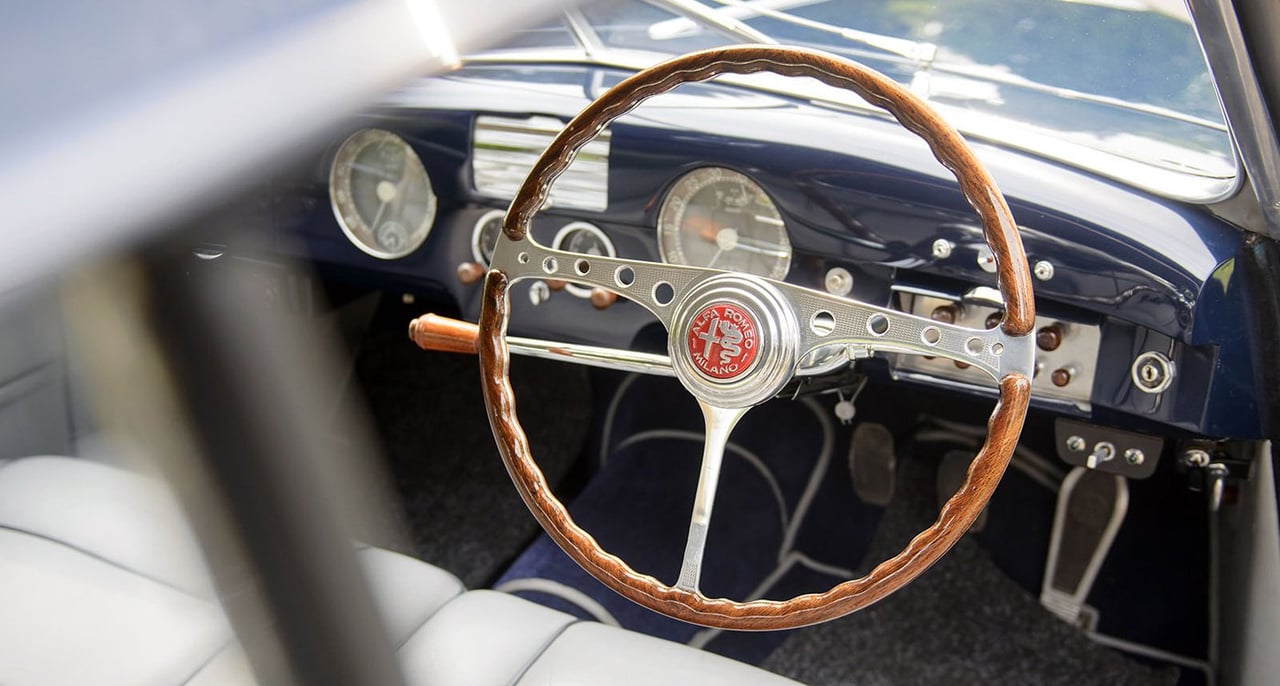
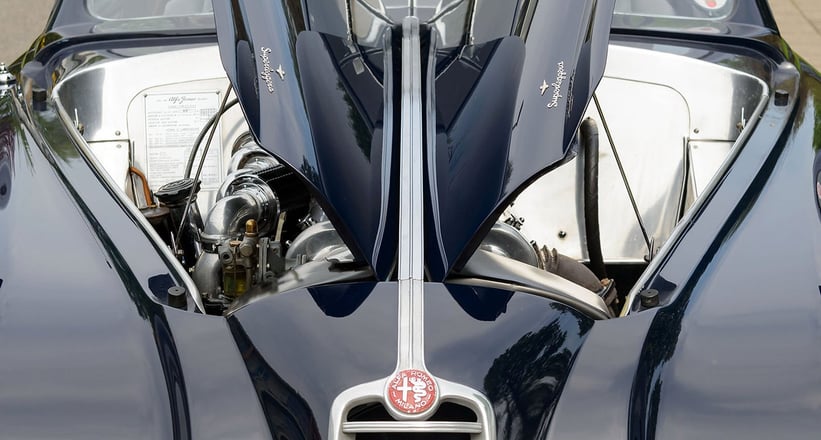
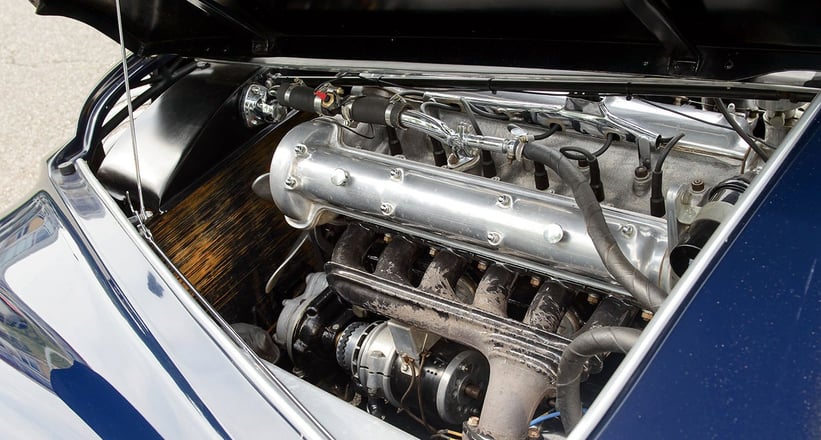
Initially planned as a 25-car run for Alfa Romeo’s most wealthy clientele, production would ultimately extend beyond 30 cars (including a handful of convertibles): the most generally agreeable figure is 36. Of these, one is owned by the Villa d’Este hotel and displayed as an art piece. Further testament to its elegance should not be needed; but it’s there should it be required. Pedigree of its mechanical underpinnings and coachwork notwithstanding, the Villa d’Este Coupé can also claim to be the last hand-built Alfa Romeo – thus representing a pinnacle in the storied marque’s timeline.
Photos: © Steve Hall for Classic Driver
















